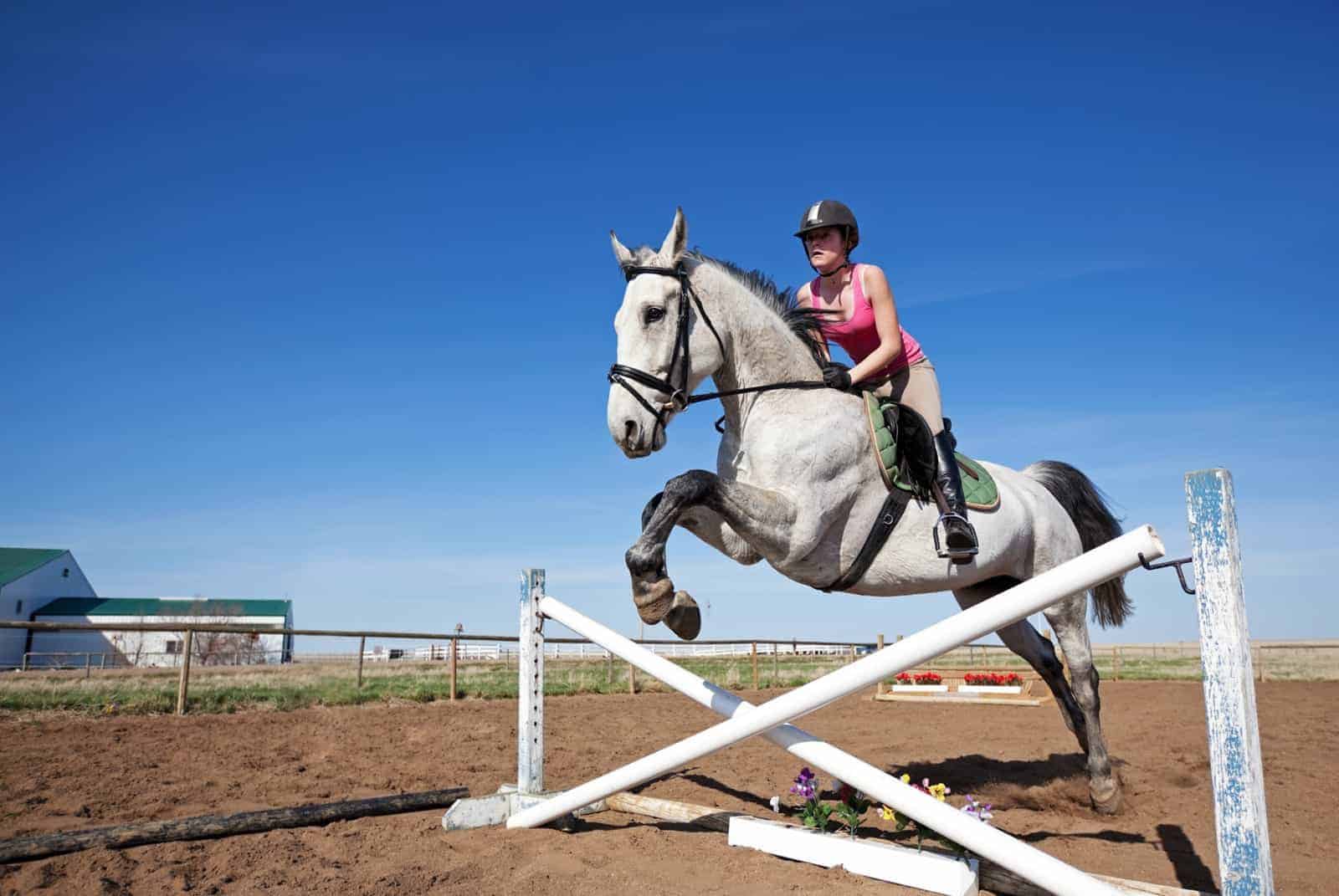What Makes Horses More or Less Likely to Miss Training Days?
- Topics: Article

Horses with previous orthopedic injuries typically need about twice as many days off as horses without such histories, said Agneta Egenvall, DVM, PhD, professor in veterinary epidemiology at the Swedish University of Agricultural Sciences Faculty of Veterinary Medicine and Animal Husbandry, in Uppsala. Conversely, horses in a varied work program—regularly training in different places and in different kinds of activities—are far less likely to have injury-related days off than those in rigid programs, she said.
Researchers studied the training and injury records of 263 elite show jumping horses in the Netherlands, Sweden, Switzerland, and the United Kingdom. Of those, injuries forced 126 horses to miss 2,357 days (6%) of the cumulative 39,028 days they should have been in training. The vast majority of the days off—77%—were due to orthopedic injury, Egenvall said.
Interestingly, Egenvall said, the researchers found very little correlation between workload and days off, said Egenvall. “There were perhaps a few horses with ‘half-clinical’ injuries that could not be trained that much (horses that had days lost, were then entered into training, but lapsed back into days-lost again),” she said. “But these horses were often not trained much from the beginning anyway (as far as we could tell). However, this is a question that needs further elaboration from the general principles of training physiology/pathophysiology
Create a free account with TheHorse.com to view this content.
TheHorse.com is home to thousands of free articles about horse health care. In order to access some of our exclusive free content, you must be signed into TheHorse.com.
Start your free account today!
Already have an account?
and continue reading.

Written by:
Christa Lesté-Lasserre, MA
Related Articles
Stay on top of the most recent Horse Health news with















